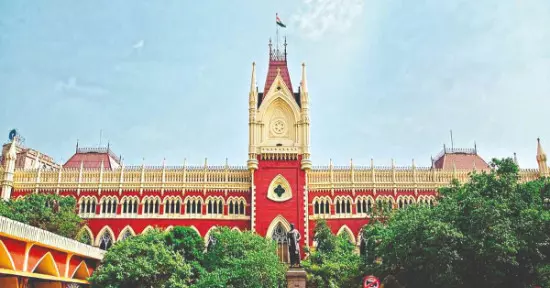Can’t extend probe time sans production of accused: HC

Kolkata: Observing that investigation time cannot be extended without producing the accused in court once the 180 days statutory period expires, Calcutta High Court granted statutory bail to a man in a narcotics case.
The bench of Justice Jay Sengupta was moved by the petitioner challenging two orders of an NDPS court. The first order had extended the investigation period by two months while the second one rejected the petitioner’s application for recalling the extension order and for statutory bail.
The petitioner was arrested on August 13, 2024 for allegedly possessing narcotics. The statutory period for completing the investigation (180 days under Section 36 A (4) NDPS Act) expired on February 9, 2025.
The NDPS court by its February 7,2025 order granted extension of probe period by two months, citing pending of the forensic report, need to apprehend an additional accused, and possibility of recovery. The second order on February 10, rejected the petitioner’s applications.
The petitioner’s counsel argued that extension was granted mechanically, violating procedural safeguards and the indefeasible right to statutory bail.
The petitioner was neither physically nor virtually produced before the special court when extension was considered, violating Section 167(2) CrPC which mandates such production for remand orders.
The court observed that Section 167 (2) CrPC is applicable to NDPS cases via Section 36A. Section 36A (4) allows extending the 180 days statutory period up to one year provided the public prosecutor submits a report detailing progress and specific reasons for continued detention of the accused.
The court noted that the petitioner was not produced in court and the notice to his counsel was served at 4:20pm on February 7, a Friday, with the court closing at 4:30 pm and the next day being a non-working Saturday.
This left no time for the counsel to consult the client, rendering the notice ineffective. The prosecution’s failure to ensure the petitioner’s presence or adequate notice violated his indefeasible right to seek statutory bail under Section 167 (2) CrPC.
The court set aside the special court orders.



